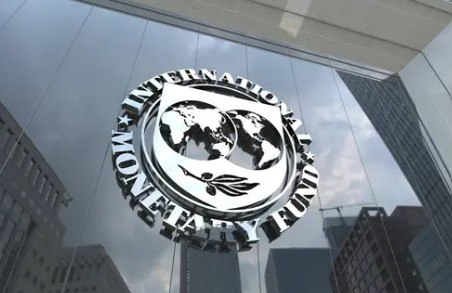The Kyrgyz government has introduced a tax amnesty as part of its efforts to ease the financial burden on citizens and stimulate economic activity. President Sadyr Japarov directed the government to draft the necessary legislation and submit it to the country’s Parliament, the Jogorku Kenesh, for approval. One key measure is the abolition of the annual tax on movable property, previously ranging from $10 to $20 depending on vehicle engine capacity. Instead, this tax will now be incorporated into the price of gasoline, resulting in a one som (KGS) increase in fuel costs.
“The Cabinet of Ministers of the Kyrgyz Republic is instructed to submit within two months a proposal to exempt vehicle owners from tax obligations unfulfilled as of January 1, 2025, provided there is no judicial act of recovery,” states the presidential decree.
Tax Relief for Farmers and Entrepreneurs
Farmers will benefit from a suspension of the agricultural land tax until 2030. Additionally, Japarov has prohibited tax authorities from conducting inspections of businesses except for unscheduled checks in cases where an organization or entrepreneur ceases operations. Citizens with tax debts as of January 1, 2022, will also be exempted from repaying those amounts.
While the move has been welcomed by many Kyrgyz entrepreneurs, who see it as a step toward fostering business growth, it has also sparked mixed reactions. Some citizens who have already paid their taxes expressed frustration on social media, questioning the fairness of the amnesty.
Changes to Tax Administration
In a related development, Japarov instructed the Cabinet of Ministers to revise the system of electronic delivery notes used for monitoring business turnover and tax compliance. The updated system will retain electronic invoicing for a limited list of goods, with all other products exempt from such requirements.
The recent reforms build on efforts initiated under Almambet Shykmamatov, the new head of the State Tax Service, to streamline Kyrgyzstan’s tax system and reduce administrative burdens on businesses.









